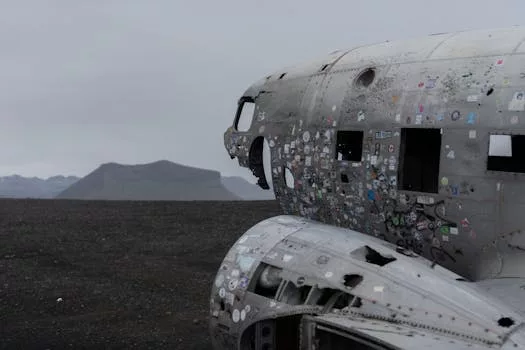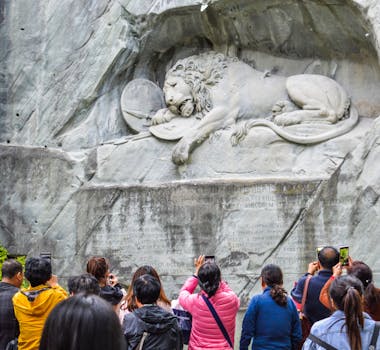
Unearthing the Past: The Significance of Historical Artifacts from Ancient Civilizations
Takeaways: Historical artifacts provide invaluable insights into ancient civilizations, their cultures, and day-to-day life. These remnants of the past not only enrich our understanding of human history but also inspire ongoing preservation efforts to protect our shared heritage.
Historical artifacts are the tangible remnants of our past, offering a window into the lives, cultures, and societies of ancient civilizations. From intricate pottery and tools to monumental architecture and inscriptions, these objects tell stories that help us understand the complexities of human history. This blog post delves into the significance of historical artifacts, their role in archaeology, and their enduring impact on our cultural heritage.
The Role of Artifacts in Understanding Ancient Civilizations

For example, the discovery of tools made from stone, bone, or metal can indicate the technological capabilities of a civilization. Similarly, pottery styles and decorative techniques can shed light on trade networks, cultural exchanges, and even religious practices. By analyzing these artifacts, researchers can reconstruct the past, offering a clearer picture of how ancient societies functioned and interacted with one another.
Additionally, inscriptions and written records found on artifacts, such as tablets and scrolls, provide direct evidence of language, governance, and societal norms. The Rosetta Stone, for instance, was crucial in deciphering Egyptian hieroglyphs, opening up a wealth of knowledge about ancient Egypt’s civilization, culture, and history.
The Importance of Preservation

Organizations around the world are dedicated to preserving historical artifacts, employing various strategies to ensure their protection. This includes documenting and cataloging finds, restoring damaged artifacts, and educating the public about the importance of historical preservation. Museums play a significant role in this process, as they provide a controlled environment for artifacts, allowing for public display, research, and conservation.
Furthermore, technology has revolutionized the preservation of artifacts. Techniques such as 3D scanning and digital archiving allow researchers to create detailed records of artifacts without physically handling them, reducing the risk of damage. Virtual reality experiences also enable people to engage with history in immersive ways, fostering a deeper appreciation for ancient civilizations.
Conclusion




